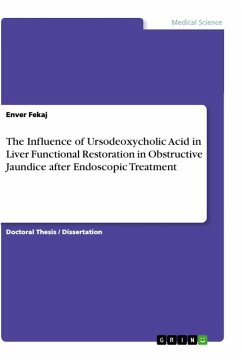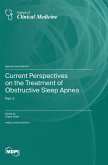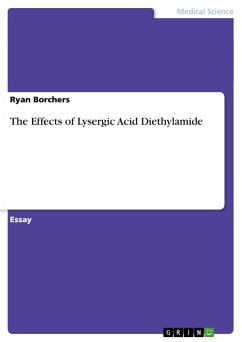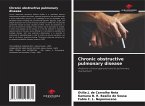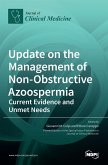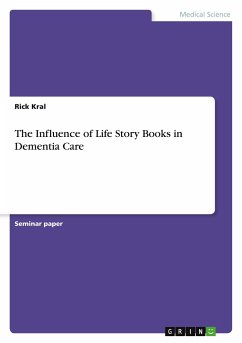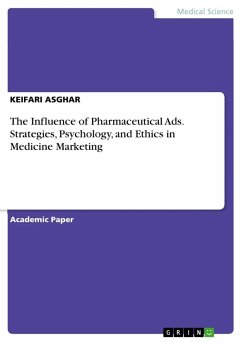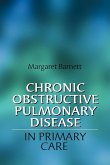Doctoral Thesis / Dissertation from the year 2019 in the subject Medicine - Hospital Environment, Clinical Medicine, University of Prishtina, language: English, abstract: The aim of this study is the evaluation of the effect of UDCA in liver functional restoration of patients with obstructive jaundice in the early period after endoscopic intervention. Specific aims consisted on the evaluation of the effect of UDCA in relation to etiology of obstructive jaundice, to gender, and to age of patients. The most common causes of obstructive jaundice are choledocholithiasis, strictures of the biliary tract, cholangiocarcinoma, carcinoma of pancreas, pancreatitis, parasites and primary sclerosing cholangitis. When mechanical biliary obstruction is diagnosed, surgical, endoscopic or radiologic intervention is usually recommended. In this prospective, randomized, open-labeled, and controlled study, 62 patients were enrolled. After diagnosis, eligible patients with obstructive jaundice who met inclusion criteria were randomly divided in the investigation group, in which has been administered UDCA, and in the control group. UDCA administration started twenty-four hours after endoscopic treatment. It was administered at 750 mg/day, divided into three daily doses and lasted fourteen days. Serum-testing in patients with obstructive jaundice included determination of bilirubin (total and direct fractions), alanine transaminase (ALT), aspartate transaminase (AST), gama-glutamil transpeptidase (GGT), alkaline phosphatase (ALP), albumin, neutrophil/ lymphocyte ratio (N/L ratio), urea, glucose, and creatinine. These parameters were determined one day prior endoscopic intervention, and on the fifth, tenth, and fifteenth days after endoscopic intervention. The primary outcome measure in this study was bilirubin, alkaline phosphatase, and GGT serum levels decreasing rate. The secondary outcome was assessment liver functional parameters in which, treatment with UDCA, have had greater impact. UDCA has accelerated reducing the level of total bilirubin, direct bilirubin, GGT, and neutrophil/lymphocyte ratio, but did not decrease the level of ALT, AST, and alkaline phosphatase, and did not induce increasing of albumin level. UDCA had greater impact on GGT than in other functional liver parameters. The effect of UDCA did not depend on the gender and the age of patients, but did depend on the etiology of obstructive jaundice. It was more effective in patients with choledocholithiasis than in patients with malign stenosis of biliary tree.
Hinweis: Dieser Artikel kann nur an eine deutsche Lieferadresse ausgeliefert werden.
Hinweis: Dieser Artikel kann nur an eine deutsche Lieferadresse ausgeliefert werden.

